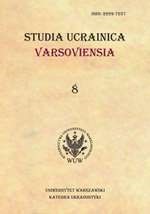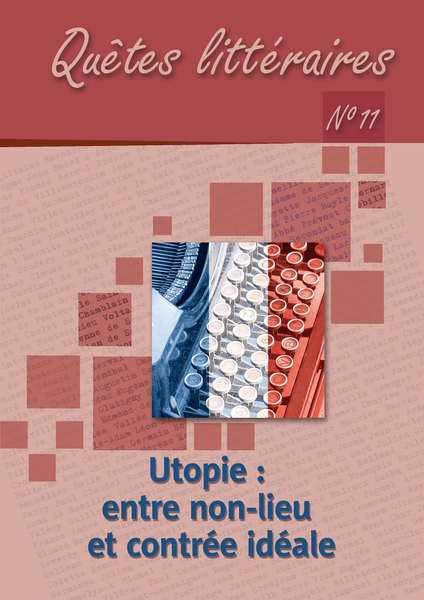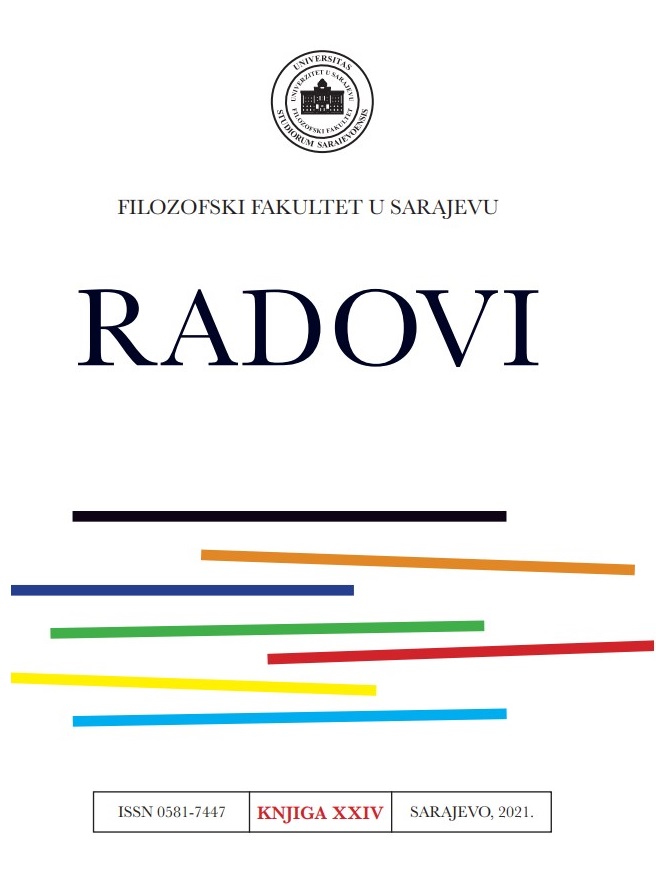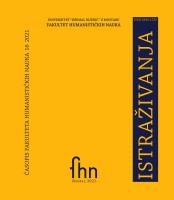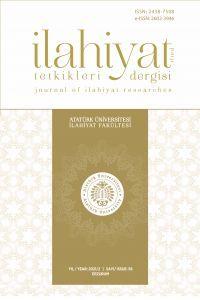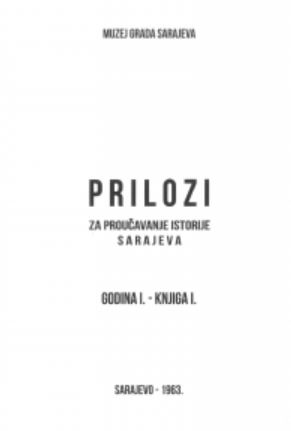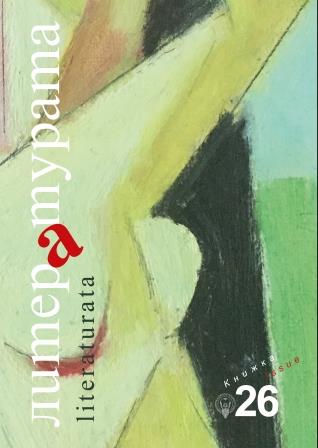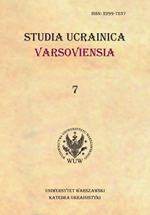
Антитези і парадокси у поезії. До 110 роковин з дня народження Б. І. Антонича
Bohdan Ihor Antonych was one of the most remarkable modernist Ukrainian poets ofthe twentieth century. He left an extraordinary lit erary legacy with just a handful of booksof published poetry despite his premature death at the age of twenty-eight in 1937. Hewas a poet, literary critic, translator, and journalist. From the outset of his literary career,in the context of western Ukrainian literature, his poetry had a diff erent sound and textureto it. Antonych’s literary interests were unconventional for his milieu: he concerned himselfwith the metaphysical, philosophical, and metapoetic issues. The power of his accomplishmentis that he restored the human need, suppressed by centuries of colonization, formetaphysical, non-political meditation on the meaning of life, eternity and art, rather than -- as it was in a previous Ukrainian literary canon -- in the name of national interests, whereliterature had to play a didactic role designed to amplify the patriotic feelings of a reader.Antonych mastered the poetic language of antithesis and paradoxes, and by using it herises from the level of personal experience to that of a universal archetype.
More...
